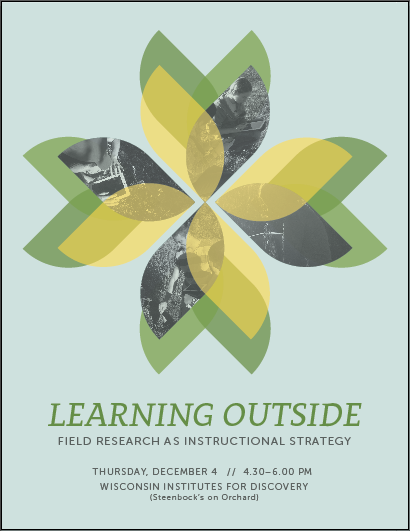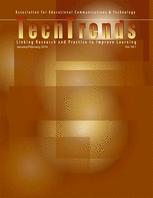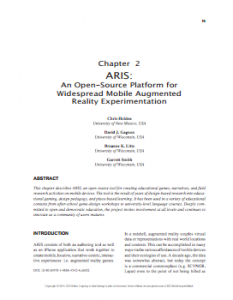
The Mobile Learning Lab at WID in partnership with the Nelson Institute and DoIT Academic Technology is excited to announce a gathering of administrators, educators, scientists, humanists, education theorists, and technology developers that will offer stories and tools to inspire Learning Outside.
We are inviting fellow educators and big thinkers at UW-Madison to come and share their vision for creating irresistible learning experiences.
This event is being organized by a multidisciplinary team as part of an ongoing Educational Innovation Field Research award. This team has been piloting tools and approaches for student fieldwork using mobile devices.
We had a few goals:
- Blur the lines between formal and informal learning environments
- Situate course concepts in the context of the campus
- Acknowledge the whole student – mind in relation to body
Along the way we developed some free mobile tools and partnered with instructors in several disciplines to pilot those tools in their courses. Each partnership has been an adventure for everyone involved, filled with all the exuberance and frustration that come with exploring new frontiers at the intersection of pedagogy and technology. Now the Mobile Learning Lab invites other UW-Madison faculty to join us as we celebrate the spirit of innovation, share our successes and lessons learned, and seek to develop new partnerships and opportunities for using these approaches.
Field Research Tools
Siftr – designed like a social media app, Siftr engages users with field research through the documenting and sharing of visual and audio media.
ID Tool – the ID Tool functions as a downloadable field guide on your mobile device and can be customized for taxonomic research in a variety of disciplines.
ARIS – an acronym for Augmented Reality Interactive Storytelling, ARIS is a platform that allows users to create and share place-based educational games for iOS devices.
Event Agenda
- Greeting and introduction by David Gagnon and Cathy Middlecamp
- 5-minute presentations of piloted field research activities
- Discussion and questions
- Appetizers and drinks
Presenters
The team would like to express our heartfelt thanks and gratitude to the educators who were willing to take very public risks in their classroom with unknown payoffs in the name of educational innovation. We are honored to have them share their stories.
Seth McGee – using the ID Tool for plant identification in Biocore
Shanan Peters – student-run design of an ID Tool for rock identification in Geology
Ruth Olson – using Siftr in Folklore
Cathy Middlecamp and Tim Lindstrom – using Siftr for noticing sustainability issues in ES126
Mark Berres – gamifying bird identification in Ornithology using ARIS
Event Details
Please RSVP here
Thursday, December 4
4:30 – 6:00 PM
Wisconsin Institutes for Discovery (Steenbock’s on Orchard)
Catered food and beverages will be provided as well as a cash bar.



